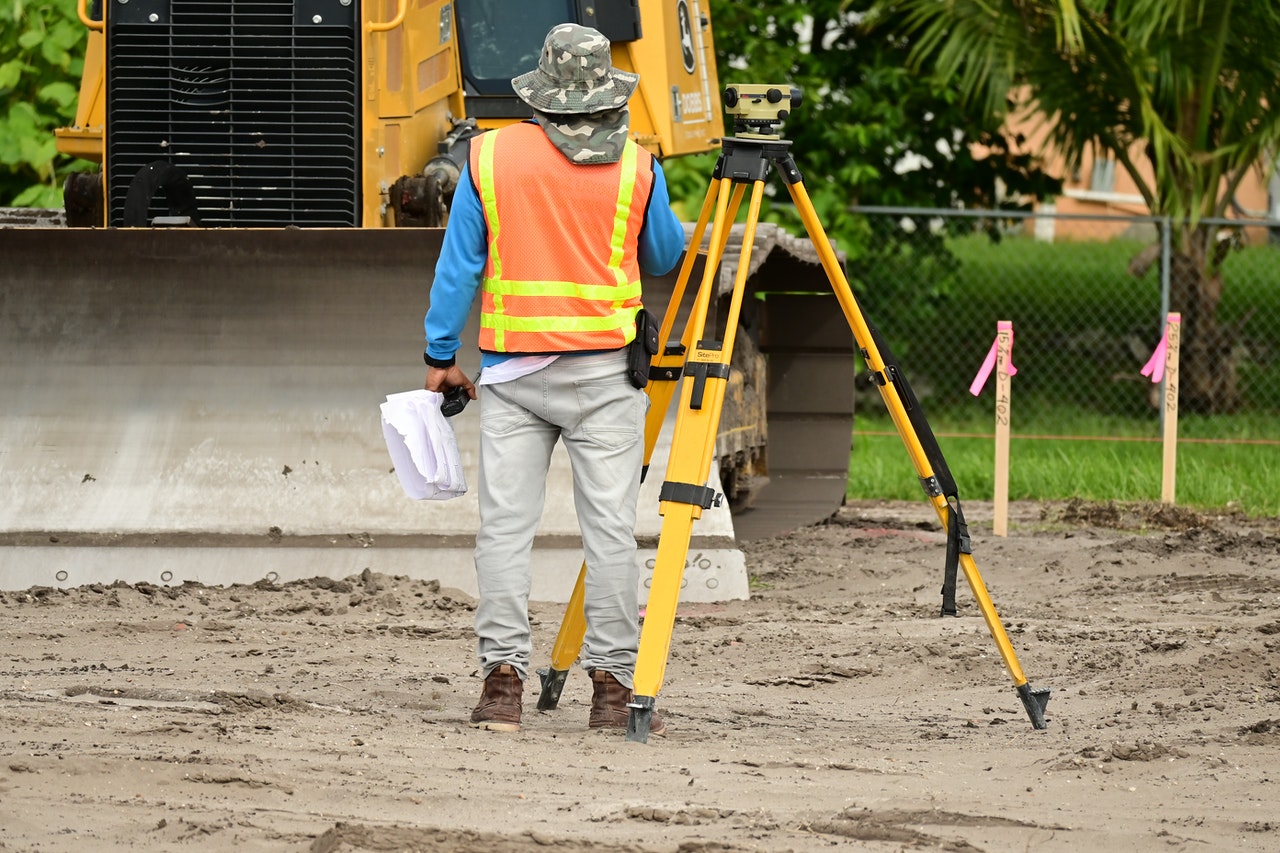Settling with your company is not an easy process. However, with the right advice and legal tools, you can get a lot more than you’ve hoped for.
In this guide, we’ll give you some useful tips on being on top of your case and eventually getting the best possible settlement.
Research
One of the first things you ought to do before starting negotiations is thorough research. You can try and do some online research, but it’s always better to talk to someone that knows more about the law than you.
Since every company has different procedures in this matter, find other cases and how they’ve managed to settle. It will give you a valuable perspective, and you will know how much you can expect from them.
Ask for Legal Advice
Before you start negotiating with your employer, you should consider talking to an experienced lawyer. The folks behind wyattscompensationlawyers.com.au explained that having someone who knows the legal side of the process can greatly help you with the claim. A lawyer can also guide you through the ins and outs of a settlement claim and can let you know how strong your case currently stands. A compensation lawyer can also determine your standpoint during the entire process and all the documentation you should acquire. What’s more, they’ll be able to answer all your questions and give you a reasonable estimate of your claim.
Keep in mind that your employer should compensate for consulting with someone outside of the company. Remember that even if you sign a settlement agreement without anyone’s advice, you can still take the case to an employment tribunal. Should you want to take the matter to court, you’ll need a lawyer.
Negotiate the Agreement
There are two ways to discuss the agreement with your boss. You can do it through documents and emails in writing or a few long meetings. Every company has its policy on this topic to make the process as fast and easy as possible.
You can have your lawyer present or if you’re working in a country where they don’t speak English, a translator. In some cases, the company might not allow it, but you should always ask.
If you realize that negotiations won’t lead to any settlement, have in mind that you can take everything to the court.
Analyze the Offer
Once the offer is on the table, make sure you carefully analyze it before deciding. Think about your case and how strong it can hold. Also, if you had a number in mind, how far this settlement is from it, and is it worth going to court for it.
Some people want to continue working in the company after the settlement, and if that’s your standpoint, it’s often better to accept it rather than take it to court.
Lastly, if you realize that your company is unwilling to take your case out in the open, you can propose your settlement offer. In this case, it is in your company’s best interest to provide you with what you want than to make the case bigger and potentially lose more money.
Don’t Accept Everything
Even if you get a final offer, have in mind that the first offer is just the beginning. In most cases, every proposal can be negotiated depending on its terms. Second offers are usually much better than the first ones, and every solicitor would advise you to be patient.
The second or third attempt will maximize your settlement value and give you more room to negotiate better agreement terms.
Make an Agreement
Now that you’ve settled, it’s time to create a document that supports it. Every agreement has to be in writing and has to cover the dispute. The layer that made it must be independent as the agreement rules will lay out the legal steps to solve the issue.
When you see the contract, read it carefully and assess whether it works for you. If there’s anything problematic, you can bring a claim or talk to your layer to see how to change it.
Make Sure Everything Is Right
Finally, every settlement agreement has to be complacent with certain legal conditions to be binding for everyone. That’s why it’s essential to have a lawyer by your side to check everything before you sign it.
If there’s anything you disagree with, you can always consider litigating. However, make sure you’ve considered both sides and choose what best suits you before rejecting the settlement. With an expert by your side, you can be sure that you’ve made the right call.






































